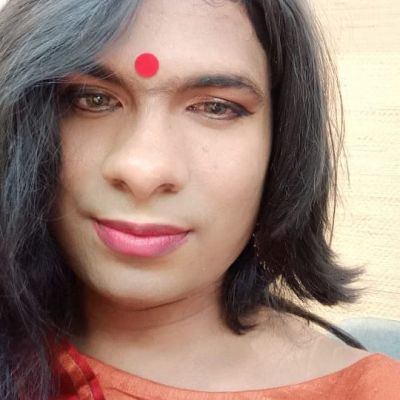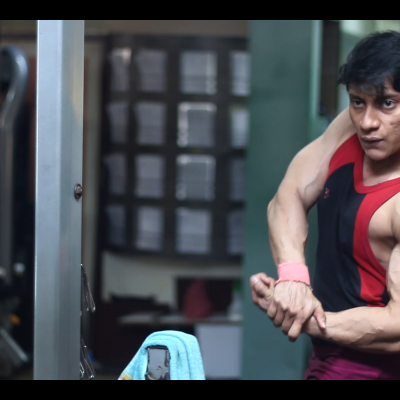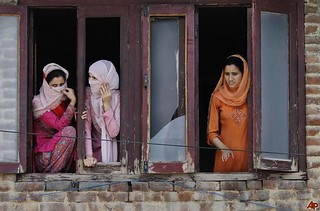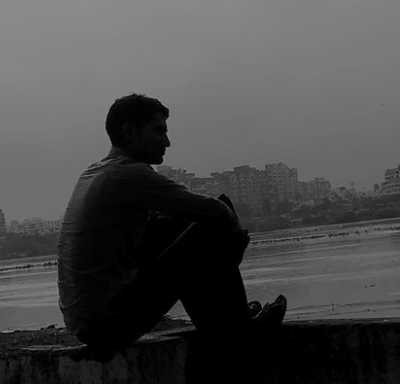Masculinities and Sexuality
In a patriarchal society, masculinities manifest or show-up as a very particular set of behaviours such as being controlling and dominating, often in violent ways. In fact, the root of masculinities in a patriarchal society emphasises practicing this violence and control.
Shikha Aleya interviews Daniel Mendonca who identifies as an intersex person and is a gender rights activist who has engaged with diverse groups of people in India and other countries, to expand awareness, build empathy and foster an environment that is accepting of diversity.
The use of terms that convert the movement for women’s empowerment into extreme militancy in order to reject the movement altogether is indeed a sombre example of diverting attention from the real problems that exist in society and projecting women’s protests against sexual crimes or standing up for their rights as one of “mob lynchings” or wrongly adducing the news of repealing “Adultery” as a move that allows women to have sexual relations outside of marriage.
In this mid-month issue we bring you some more interesting and intriguing articles on masculinities and sexuality starting with Mona Mishra’s thoughtful take on masculinities and vulnerabilities. Shikha Aleya interviews Daniel Mendonca who self-identifies as intersex and is a gender rights activist who engages with diverse groups of people in India and other countries to expand awareness, build empathy and foster an environment that is accepting of diversity.
Whether it is by checking harassment from fellow men, or by questioning one’s own internalisation of subtly sexist and harmful behaviour, there’s a whole range of ways to go about making a positive shift
Social norms don’t expect women to look muscular, but if men are muscular, it is considered sexy. Just by choosing to pursue a largely male-dominated sport that glorifies what is accepted as “masculine”, Karuna and Sibalika are pushing the boundaries of these labels.
The social contract of family becomes the sexual contract of the state, i.e. by placing women within the ‘domestic space’ under the ‘control’ of the ‘right’ kind of men. During partition this played out in the ‘reclaiming’ of the ‘abducted women’.
Masculinity once upon a time was just a word we studied in school, whose sole purpose was to differentiate binary gender in the society. Now masculinity is a criteria of a certain job that a person has to perceive to be called or termed as one.
Being a man isn’t about domination, and it definitely isn’t about subjugation of feminine people. We need to find a way to re-frame masculinity so that it isn’t diametrically opposed to respectful and equal gender relations.









